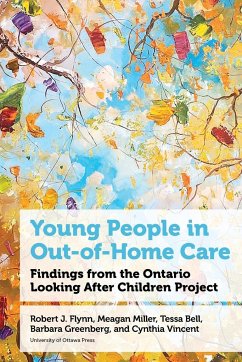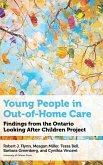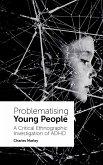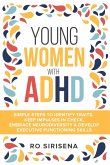Child abuse is typically considered to be the most severe form of early adversity to which children or adolescents can be subjected. Maltreated young people seen as at the highest risk are likely to be placed in out-of-home care for their own protection, including foster care, kinship care, group care, or independent living. Young People in Out-of-Home Care is based on more than two decades of applied research and evaluation, conducted since 2000, as part of the ongoing Ontario Looking After Children (OnLAC) Project. The OnLAC project was based on a new child welfare approach known as Looking After Children, developed in the UK in the late 1980s and 1990s, to reform and improve services to vulnerable young people who were being looked after in out-of-home care. When launched in 2000, the OnLAC project "Canadianized" the UK approach and partnered with the Ontario Association of Children's Aid Societies (OACAS) and some 20 children's aid societies in the province. Since 2007, the Ontario government has mandated that local societies use the OnLAC method to plan services and monitor outcomes. Since 2000, the OnLAC project has gathered information on results and well-being from interviews with more than 35,000 young people in care (including Indigenous, Black, and francophone young people), their caregivers, and their child welfare workers. Well-Being of Children and Youth in Care presents major project findings and lessons that promise to improve young people's education, development, health, social and family relationships, mental health, and preparation for transition to community life.
Hinweis: Dieser Artikel kann nur an eine deutsche Lieferadresse ausgeliefert werden.
Hinweis: Dieser Artikel kann nur an eine deutsche Lieferadresse ausgeliefert werden.









